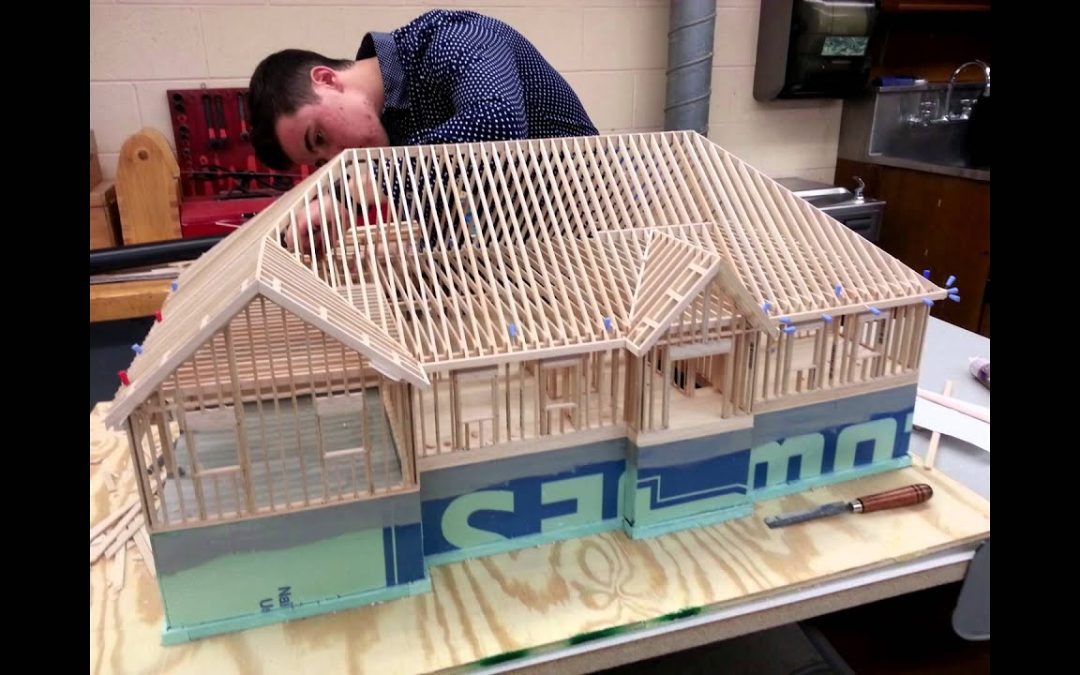Building a scale house requires careful planning and consideration to ensure a streamlined and efficient weighing process. From designing the layout to selecting the right equipment and integrating advanced technologies, we will cover everything you need to know to create a successful scale house.
Designing the Layout
The layout of your scale house plays a crucial role in optimizing operations and ensuring smooth traffic flow. Consider the following factors when designing the layout:
Determine the location of the scale house within your facility for convenient access.
Allocate space for inbound and outbound traffic, including dedicated lanes for vehicles.
Plan the positioning of the scales, considering the type and size of the weighing equipment you will use.
Create designated areas for administrative tasks, such as data entry and documentation.
Selecting the Right Equipment
Choosing the appropriate weighing equipment is essential for accurate and reliable measurements. Consider the following aspects:
Determine the weight capacity required based on the type of items you will weigh.
Select a suitable scale type, such as truck scales, floor scales, or bench scales, depending on your specific needs.
Evaluate the available options for digital displays, data recording systems, and printers to ensure efficient data management.
Integrating Advanced Technologies
To enhance the efficiency and automation of your scale house, consider incorporating advanced technologies:
Automation Systems: Implement automated processes for capturing weight data, such as integrating computer vision technology or RFID tags to reduce manual data entry.
Software Solutions: Choose scale houses management software that allows for seamless data integration, inventory tracking, and reporting functionalities.
Connectivity: Ensure your scale house can connect with other systems, such as inventory management or enterprise resource planning (ERP) software, for streamlined data flow and efficient operations.
Staff Training and Safety Measures
Proper training for scale house operators is crucial to ensure accurate weighing procedures and adherence to safety protocols. Consider the following:
Provide comprehensive training on operating the weighing equipment, data entry procedures, and safety guidelines. Implement safety measures, including proper signage, designated pedestrian areas, and safety protocols for handling heavy loads.
Conclusion:
Building a scale house requires careful planning and attention to detail. By designing an efficient layout, selecting the right equipment, integrating advanced technologies, and prioritizing staff training and safety measures, you can create a scale houses that optimizes your weighing processes. Remember to adapt the design and equipment choices based on your specific industry requirements and regulatory standards. With a well-designed scale house in place, you can enhance accuracy, efficiency, and productivity in your weighing operations, ultimately leading to improved overall business performance.

